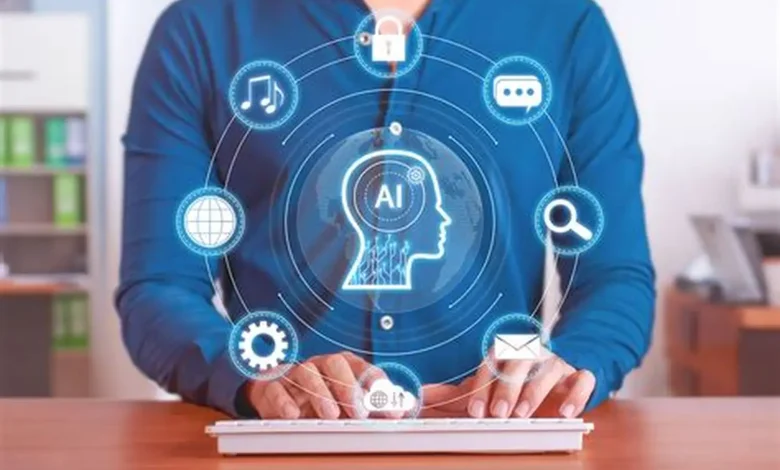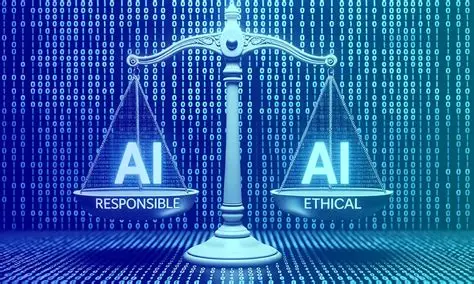
Artificial intelligence isn’t just reshaping how students learn, it’s transforming how educators work. Today’s teachers are stepping beyond content delivery and emerging as designers of learning experiences that are adaptive, data-informed, and responsive. To meet this evolving role, many educators are advancing their skills through targeted training, specialized coursework, and pathways, such as when you earn your master’s in education, which frequently includes instructional technology and AI-integrated curriculum development. The future of teaching will belong to those who know how to collaborate with AI rather than compete with it.
The New Educator Skillset in an AI-Powered Classroom
AI is enabling a deeper understanding of how students engage. In this environment, the educator’s role becomes more dynamic and strategic. Instead of simply presenting content, educators are:
- facilitating personalized learning
- interpreting learning-analytics data
- adapting course materials to student needs
- building feedback-rich learning environments
- guiding discussions around digital literacy and AI awareness
This shift elevates core human-centric skills, empathy, mentorship, cultural responsiveness, while simultaneously expanding the educator’s technological fluency. Knowing what AI can do is valuable, but knowing what it should do is a hallmark of modern pedagogy.
Degrees, Certifications & Course Pathways That Build AI-Ready Educators
Educators are increasingly seeking formal academic preparation to better integrate AI into their instructional approach.
Master’s in Education (M.Ed.) programs increasingly offer coursework such as:
- learning analytics
- digital pedagogy
- AI ethics in education
- instructional design using emergent technologies
- research methods for technology-enhanced learning
For instructors who are already credentialed, professional-development options provide flexible ways to uplevel expertise. These include:
- micro-certificates focused on AI literacy for educators
- continuing-education workshops on adaptive learning tools
- online instructional-design courses
- trainings in data-driven student assessment
This isn’t just about technical proficiency, it’s about shaping educational vision. Educators learn how to evaluate AI tools, design hybrid learning models, and adopt AI in alignment with learning-outcome goals.
Real-World Classroom Applications of AI
The power of AI emerges most clearly when educators use it to enhance, not replace, teaching. Practical integrations include:
- Automated assessment support
AI-assisted grading tools can evaluate routine assignments, freeing time for more meaningful student feedback. - Adaptive learning environments
AI-driven platforms tailor instruction to a student’s pace, identifying knowledge gaps and scaffolding content accordingly. - Content generation and revision
Educators can create quizzes, explanatory notes, reading simplifications, or real-world examples faster and more efficiently. - Early-intervention alerts
Analytics systems can identify signs of withdrawal, fatigue, or declining engagement before they become academically consequential. - Accessibility enhancements
AI enables audio-text conversion, real-time language translation, and voice-based interfaces, supporting learners with diverse needs.
When used intentionally, these tools allow educators to focus more on human-rich interactions: mentorship, motivation, discussion, and the development of critical and creative thinking.
Ethical and Responsible Adoption
Of course, with power comes responsibility. Educators must approach AI use thoughtfully. Key considerations include:
- Maintaining authentic human presence
AI can generate feedback, but emotional intelligence and relational connection remain uniquely human. - Protecting student data
Educators need awareness of data-privacy implications, storage considerations, and institutional policy compliance. - Avoiding algorithmic bias
Teachers should critically evaluate AI-powered recommendations, ensuring that system biases do not systematically disadvantage certain student groups. - Teaching about AI, not just with it
Students must learn to question, interpret, and ethically use AI, and educators are essential in guiding that understanding.
Developing these competencies ensures that AI strengthens educational equity rather than undermining it.
The Educator as Innovator
As AI becomes embedded in learning environments, educators are evolving into multi-role professionals:
- curriculum designers
- learning-experience architects
- data interpreters
- ethical decision-makers
- technology-enhanced mentors
Educators who embrace innovation aren’t merely adopting new tools, they are redefining what teaching looks like. They create environments where students learn to think, analyze, and communicate, while AI supports personalization and routine automation.
Forward-thinking educators also help shape institutional decisions regarding EdTech adoption, evaluation frameworks, and long-term instructional strategies. Their influence no longer ends at the classroom door.
Conclusion
AI is not replacing teachers, it is augmenting their capability to reach, understand, and support learners. Whether through specialized workshops, targeted professional credentials, or the decision to earn your master’s in education with a focus on digital instruction, educators are leading the transformation of modern learning. The future of education will be defined not by AI systems themselves, but by the creative, ethical, and visionary educators who harness technology to inspire the minds of tomorrow.






